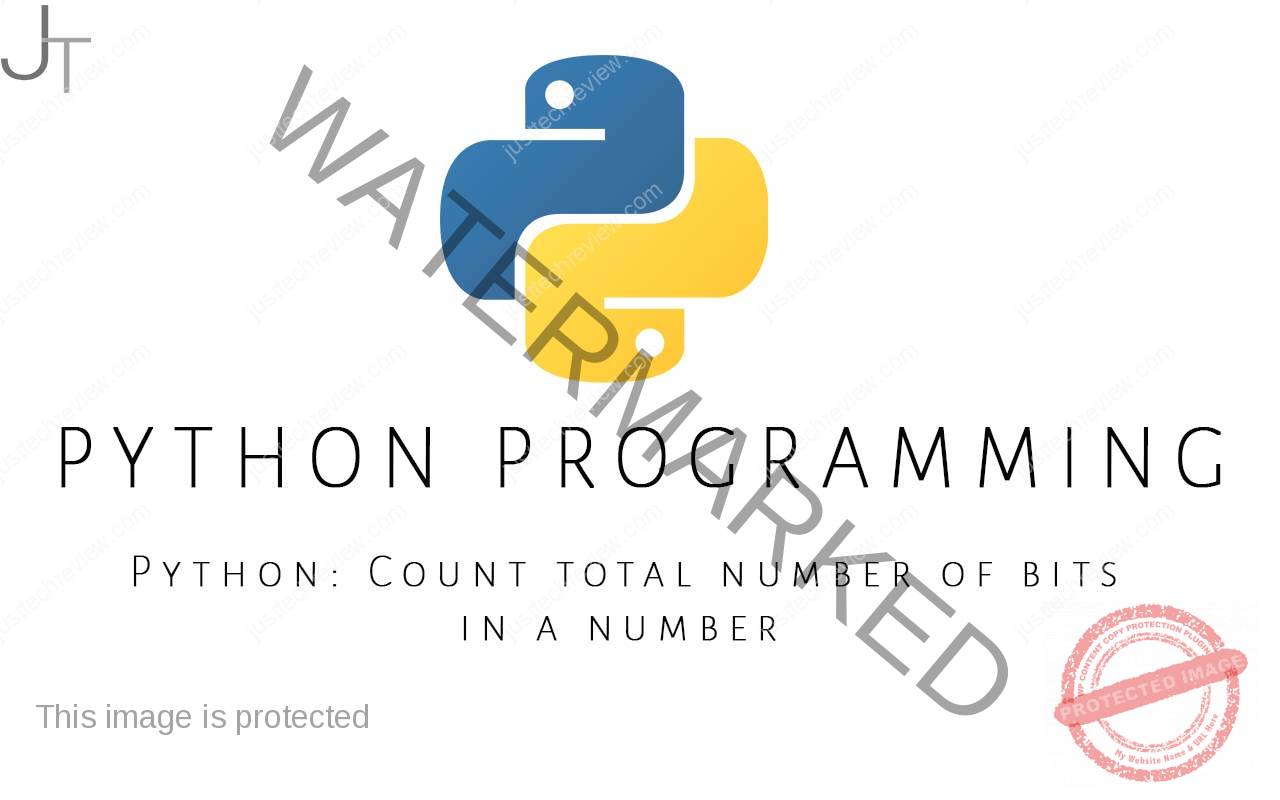Include all outnumber of bits in a number in Python: A number is given and we need to see its complete number of bits as put away utilizing Python program.
Given a number and we need to discover a complete number of bits of paired an incentive to speak to the number utilizing Python.
Example:
Input:
num = 61
Binary value of 61 is = 0b111101
Output:
Total number of bits = 6
Note: '0b' is prefixed to represent binary value
Input:
num = 12
Binary value of 61 is = 0b1100
Output:
Total number of bits = 4 Program:
# count total number of bits in a number
# declare a number
num = 61
# use bin () method to get the binary value of a number
# print binary value output will be 0b111101
print "binary value of {0} is: {1}".format (num, bin(num))
# store the length of the binary number
length = len(bin(num))
# since binary value contains 0b as prefix
# so to get exact length total number of bits
# subtract 2 from the length
length -=2
# print length
print "total number of bits: ", length
Program:
binary value of 61 is: 0b111101
total number of bits: 6By characterizing capacity
In the beneath program, we utilized len(bin(n)[2:]), it will return all out the length of the paired an incentive after 2 characters.
Let’s understand:
a=61
= len(bin(a)[2:]) # bin(a) is '0b111101'
= len('0b111101'[2:])
= len ('111101')
= 6Program:
# count total number of bits in a number
# function to get total bits
# function will return total nember of bits
def totalBits(n):
return len(bin(n)[2: ])
#main code
a = 61
b = 12
print "Total bits in {0} = {1} ".format(a,totalBits(a))
print "Total bits in {0} = {1} ".format(b,totalBits(b))
Output:
Total bits in 61 = 6
Total bits in 12 = 4 
